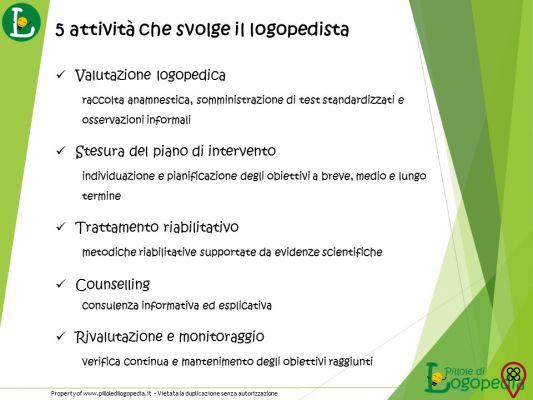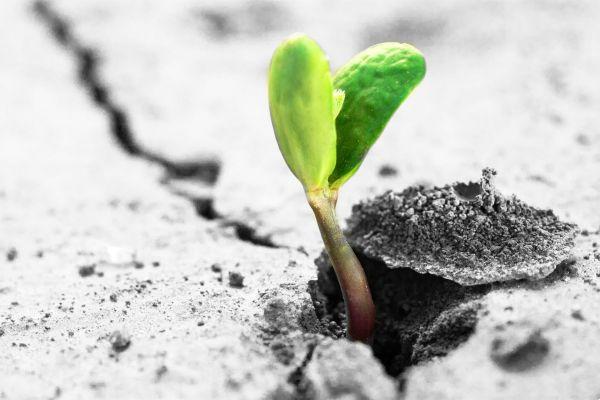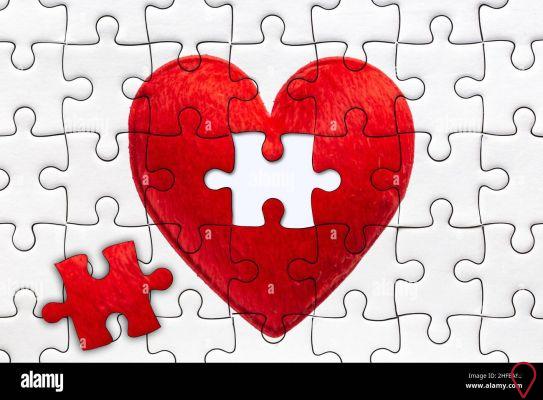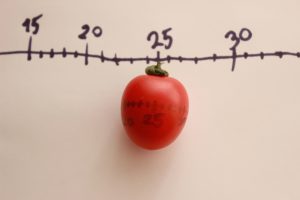Among the many intellectuals who changed the history of humanity, there are a few who were able to influence more than one field of science, as they dedicated their lives to studying the integration between these areas. One of these great researchers and scientists is the French Jacques Lacan.
Initially influenced by the psychoanalysis of Sigmund Freud, Lacan did research that dictated new directions in Psychoanalysis, Psychology, Psychiatry and also in Education and Philosophy. We have prepared an article to introduce you to this great scholar, as well as to introduce you to his main ideas. Check out!
Who was Jacques Lacan?
Jacques-Marie Émile Lacan, better known simply as Jacques Lacan, was born in Paris in 1901 and died in the same city 80 years later, in 1981, of colon cancer.
Lacan is known as one of the greatest disciples of Sigmund Freud, the inventor of Psychoanalysis. Graduated in Medicine from the Faculty of Medicine of Paris, Lacan bent on Psychiatry and followed his studies in this area. In 1934, he joined the Paris Psychoanalytic Society (SPP), where he came into conflict with the post-Freudians, that is, those who preach the revision and updating of Freud's theories. According to Lacan, instead of pushing back and/or updating the theses of the Father of Psychoanalysis, it was actually necessary to return to and keep closer to them.

Later, due to the innovative methods of his approach and his conceptions about Psychoanalysis, he broke with the SPP and with other psychoanalytic associations around the world.
Unlike many other theorists and scholars of the time, Lacan's teachings were recorded more orally, through his seminars and lectures, than through books and other written records.
Jacques Lacan's ideas
A follower of Freud's ideas, Lacan brought something new to psychoanalytic theory: the use of language and its importance for the structuring of the unconscious. According to him, all our relationships with the world and with people are transformed and shaped starting from writing, speaking, listening and the signs that make up our language.
Another important concept of Lacanian Psychology is that it rejects Freud's theory that the ego is the dominant force in a person's psychic structure, since the ego is powerless in the face of the unconscious. According to Lacan, there is no other possible life for man than the eternal conflict, which can be mitigated by some artifices, such as alienation, that is, moving away from thoughts and reflections to avoid suffering.

Lacan is also widely used by scholars of education, since he studied the area a lot. At another inflection point with Freud, he disagrees with this by stating that we no longer live in a hierarchical society, in which authority figures – such as the father, the teacher, among others – have lost their symbolic place of power and excellence. For Freud, the father represented the major authority figure in one's life.
A word that appears a lot in Lacan's lectures is "enjoyment", which, according to his notion, is a mixture of dissatisfaction and pleasure - or the opposite: satisfaction and pain -, which makes us attached to formats of relationship that he calls of symptoms, inhibitions and anxieties, and that would be, according to him, the providers of this sensation of jouissance.
Important phrases of Jacques Lacan
You may know what he said, but never what another heard.”
This is one of the greatest truths in life! When we speak, we are sure about what we are trying to say with our words, but it is impossible to know if the other person understood exactly what we were trying to say, or even if he understood something of what we said. Therefore, maintaining an open dialogue is essential in any relationship.
To love is to give what you don't have to someone who doesn't want it.”
When we love, but that real, deep, surrendering love, we are all the time trying to give the loved one something that we don't have - and it's not about material goods or that can be bought here, because what we're trying to give is something indefinable. and indescribable. Just as we are not at all sure that this person wants to receive this indefinite something that we are trying to give.

I love you more than you do.”
If you have to list the reasons why you love someone specific in your life, you will certainly be able to point out some reasons, but the set of these motivations will not be enough to explain why you love them, although it helps to understand. We love, after all, something more, something more than the person we love.
Love is impotent, even if it is reciprocal, because it ignores that it is only the desire to be.”
According to Lacan, love is nothing but the desire to be love. That is, love is content to just be; we, who feel it, try to give it meaning and context, but the truth is that it just is. And that's how we should learn to enjoy it: without wanting anything more than for it to be present in our lives.
If there is an object of your desire, it is none other than yourself.”
Whenever we desire something, according to Lacan, we are, in fact, desiring ourselves. So, instead of projecting what we want onto the external world and consumerism, how about we focus on ourselves and what is deepest in who we are when directing our desires? Without knowing each other, there will be no way to know the world.
I propose that the only thing one can be guilty of, at least from an analytic perspective, is having given in to one's desire.”
When we choose something, make a decision or decide to move forward towards being closer to a desire that we cultivate, it is normal for us to feel regret after having given in to that desire or not having achieved it, but Lacan proposes that the only thing that we can regret is actually not following the desires that arise in us.
I wait. But I don't expect anything.”
This should be one of the maxims in anyone's life! The truth is that we all have our voids and our dissatisfactions, which we are always waiting for one day to be filled, and that is why we go to life and to the world, so that we are closer to filling them. According to Lacan, we must wait, but without expecting anything, that is, without desiring anything specific or whatever the result of this waiting.

Each one attains the truth that he is able to bear.”
Often, years after something has happened, we finally understand what happened, or something becomes clear that, at the time, we were unable to understand in detail. According to Lacan, this happens because we can only understand a truth that we can bear in the current moment, which is why we are always resignifying past events, because little by little we become capable of supporting other truths.
Don't go crazy who wants to."
According to Lacan, desiring madness would be the worst method of achieving it, since those who suffer from it, if they had the choice, would probably not choose to be afflicted by it. The abandonment of reason is not something that can be achieved and conquered, because it does not depend on our will. Even if we try to do crazy things, our mind will always operate with the filters learned and improved throughout life. Only a problem that distorts these filters, like madness, can stop them from working.
All art is characterized by a certain way of organizing around a void.”
Lacan was an advocate of artistic production as therapy. For this reason, he always defended that there are voids and sensations that cannot be expressed otherwise than through art, which is the only one capable of organizing some of the voids that affect us. Giving a voice to art, according to him, is giving voice to parts of us that cannot be accessed in any other way than this.
How to apply Jacques Lacan's ideas
The main axis of Lacan's study is language, and perhaps it is through it that the best opportunity comes to apply in a practical way the knowledge transmitted by him. We are communicating all the time, whether orally, in writing or otherwise, so we need to pay close attention to language, because it is thanks to it that we express ourselves and that the other understands who we are. Pay attention to your language and what you “say” with your actions and words—even what is left between the lines.
Still according to Lacan, we must abandon any attempt to control our unconscious, because it is the true master over us. So don't blame yourself excessively when you do (or fail to do) something. Of course, this doesn't absolve you of all guilt, but take it easy when you realize that you've given in to some desire or impulse that seems irrational or doesn't seem to have been the product of a conscious thought structure. After all, your unconscious controls you, not the other way around.
You may also like
- Understand the facets of the ego and how it works
- Decipher the defense mechanisms according to Freud
- Reflect on who you really are
- Carnival and Emotions
- Freud explains the ego's defenses
Try to understand what promotes the feeling of enjoyment in you (pain and satisfaction or pleasure and dissatisfaction). When you finally understand what brings joy to your life, you will come to understand yourself better and understand why you act in certain ways or make decisions influenced by the unconscious, which, as Freud and Lacan argue, is driven by impulses, fantasies, desires. and wishes.
These are the main ideas and essential facts about the life of this great scholar of Psychiatry, Psychoanalysis and Education, Jacques Lacan. What did you think of his considerations and conclusions? Disagree or agree? Share your opinion with us and your friends.

























